In the mountainous and difficult areas of Quang Tri province, digital transformation to build e-government still faces many huge barriers.
Local authorities are making efforts to overcome difficulties and remove bottlenecks in digital transformation to promote local socio -economic development.
Identifying barriers to digitalization in mountainous areas
Level 2 electronic identification is a mandatory condition for carrying out online public administrative procedures. However, in the highland border communes of Quang Tri province, level 2 identification for people is facing many difficulties.
Although local authorities have made many efforts to resolve difficulties, this is not a problem that can be solved overnight.
The border commune of Thuong Trach has about 3,600 people, 90% of whom are ethnic minorities. 11/20 villages in the commune do not have electricity and many areas do not have telecommunications infrastructure; the intellectual level of the people is limited, and the economic life of the people faces many difficulties. These are really huge barriers in building e-government in the commune.
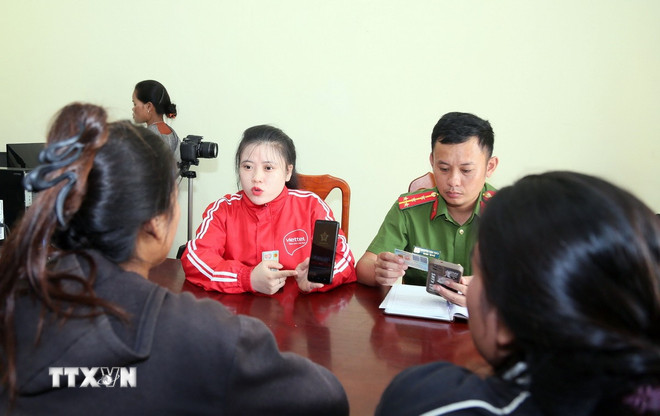
Mr. Ho Ngoc Thanh, Chairman of Thuong Trach Commune, said that there are about 1,678 local citizens aged 14 and over, who are eligible to install level 2 identification. However, currently only 250 people have their own SIM card and smartphone to install level 2 identification. This is one of the difficulties for the local government and people.
Dan Hoa commune has 2,054 households, however, only 39% are identified at level 2, while more than 60% are not identified at level 2.
Meanwhile, the majority of people do not have smartphones and are not proficient in using technology. The farthest village from the commune center is 29km, the road is bumpy, in a mountainous area; it is difficult for officials to access and support the people.
Mr. Cao Xuan Thai, Deputy Director of the Dan Hoa Border Commune Public Administration Service Center, shared that in mountainous areas, it is not easy for people to access information technology to carry out level 2 identification.
However, level 2 identification is mandatory to carry out online public administrative procedures. Resolving these difficulties is very difficult, requiring the synchronous participation of the government and many specialized agencies.
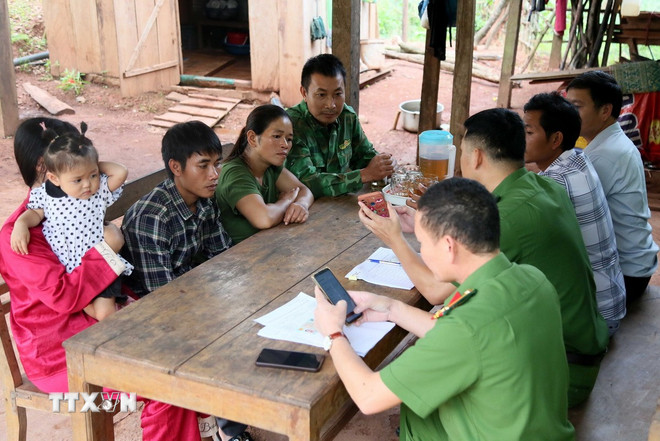
It can be seen that level 2 electronic identification in mountainous and border communes of Quang Tri province is facing many barriers from infrastructure, economic conditions to people's educational level.
However, this is an important task, both urgent and a foundation for the mountainous localities of Quang Tri province to move towards building e-government and promoting comprehensive digital transformation.
Join hands to solve
Authorities in mountainous communes and highlands of Quang Tri province are focusing on removing difficulties to deploy level 2 electronic identification.
In Thuong Trach commune, the government has mobilized social resources to provide about 1,000 free SIM cards to the people. Along with providing SIM cards, officials have lent smartphones so that people can get level 2 identification; the local police force has gone down to the villages to support people in remote areas.
Ms. Nguyen Y Nuong, Ca Roong 1 village, Thuong Trach commune, after receiving a SIM card and level 2 identification support, shared that she was very grateful to the local government and the officers of the Military Industry-Telecoms Group for supporting the SIM card and lending the device to install the identification. When completing level 2 identification, the administrative procedures later will be much more convenient, not as difficult as before.
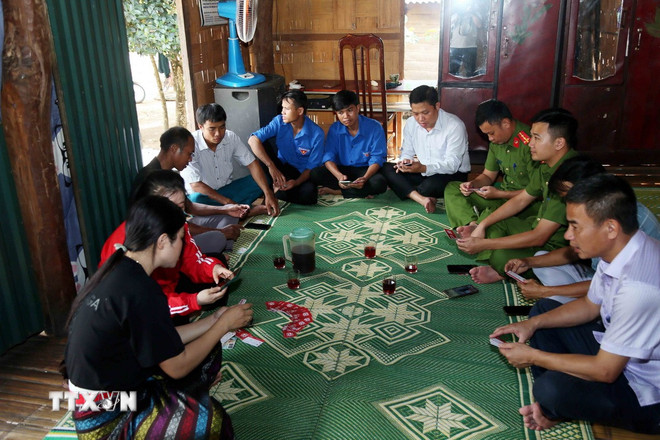
In Dan Hoa commune, the local government has established 28 digital technology teams in 28 villages to support people in handling administrative procedures and electronic identification.
These teams include Youth Union, Police, Border Guard officers and some local government department and office officers... with the main task of directly supporting people in villages and hamlets.
Mr. Cao Xuan Thai, Deputy Director of the Dan Hoa Commune Public Administration Service Center, said that every week, local digital technology teams will travel across dangerous mountain forests to two villages to support ethnic minorities.
In each village, the staff of the teams will handle about 20-30 households, partly solving the difficulties in digital transformation work in the locality, helping people not to have to go to the commune's Public Administration Center.
In mountainous communes and border highlands of Quang Tri province, local officials and authorities are making daily efforts to overcome difficulties in digital transformation and e-government construction.
Amidst numerous difficulties, the grassroots staff still proactively learn, share experiences with each other, and actively apply information technology to daily work. In addition, telecommunications units in the province also actively support localities to overcome difficulties in digital transformation.
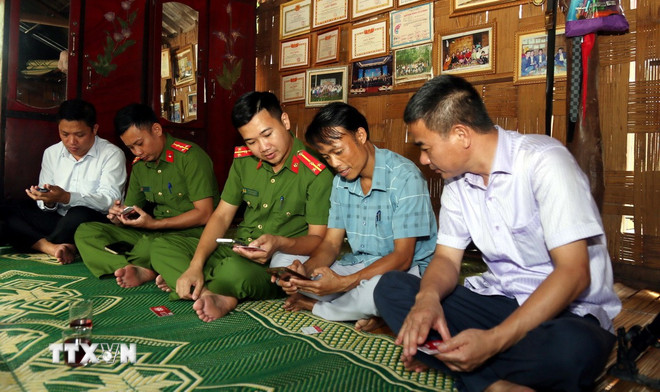
Mr. Nguyen Van Phong, Director of VNPT Quang Ninh, Quang Tri province, said that in many mountainous areas, officers and employees of the Public Administration Service Center were initially quite confused about handling online procedures.
Faced with this reality, the unit has sent a team of permanent staff to support the locality right at the desk. After a period of support, up to now, the staff and civil servants in the localities under their management have been able to resolve their work smoothly.
Mr. Pham Trung Dong, Secretary of the Party Committee of Quang Ninh commune, Quang Tri province, said that to promote the digital transformation process in the locality, in addition to removing difficulties in infrastructure and telecommunications networks, the human factor plays a key role.
Localities are in dire need of a team of staff proficient in applying science and technology, capable of operating digital systems effectively.
The local government has proposed to the province to soon organize short-term training courses, creating conditions for commune officials and civil servants to participate in training, improve their skills and professional qualifications, thereby meeting the increasingly high requirements of the current digital transformation.
Quang Tri identifies building e-government as an important step in socio-economic development in the coming time.
The province is implementing the digital literacy movement from the smallest steps such as supporting people in disadvantaged areas, raising awareness among people and businesses in applying digital to life, gradually upgrading infrastructure, improving staff qualifications, and removing bottlenecks in digital transformation./.
Source: https://www.vietnamplus.vn/nhan-dien-rao-can-de-giup-nguoi-dan-vung-cao-tiep-can-chuyen-doi-so-post1069407.vnp





![[Photo] Ho Chi Minh City is brilliant with flags and flowers on the eve of the 1st Party Congress, term 2025-2030](https://vphoto.vietnam.vn/thumb/1200x675/vietnam/resource/IMAGE/2025/10/10/1760102923219_ndo_br_thiet-ke-chua-co-ten-43-png.webp)
![[Photo] Opening of the World Cultural Festival in Hanoi](https://vphoto.vietnam.vn/thumb/1200x675/vietnam/resource/IMAGE/2025/10/10/1760113426728_ndo_br_lehoi-khaimac-jpg.webp)
![[Photo] Unique Phu Gia horse hat weaving craft](https://vphoto.vietnam.vn/thumb/1200x675/vietnam/resource/IMAGE/2025/10/10/1760084018320_ndo_br_01-jpg.webp)





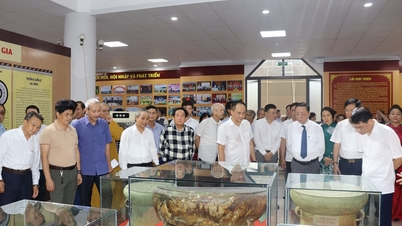

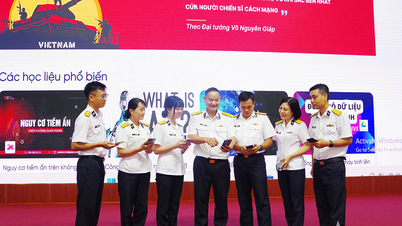


































































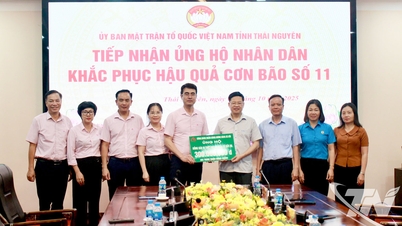

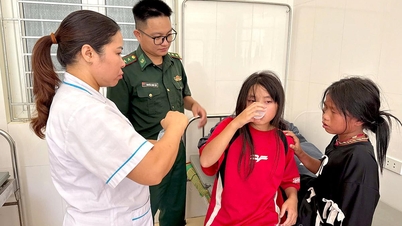















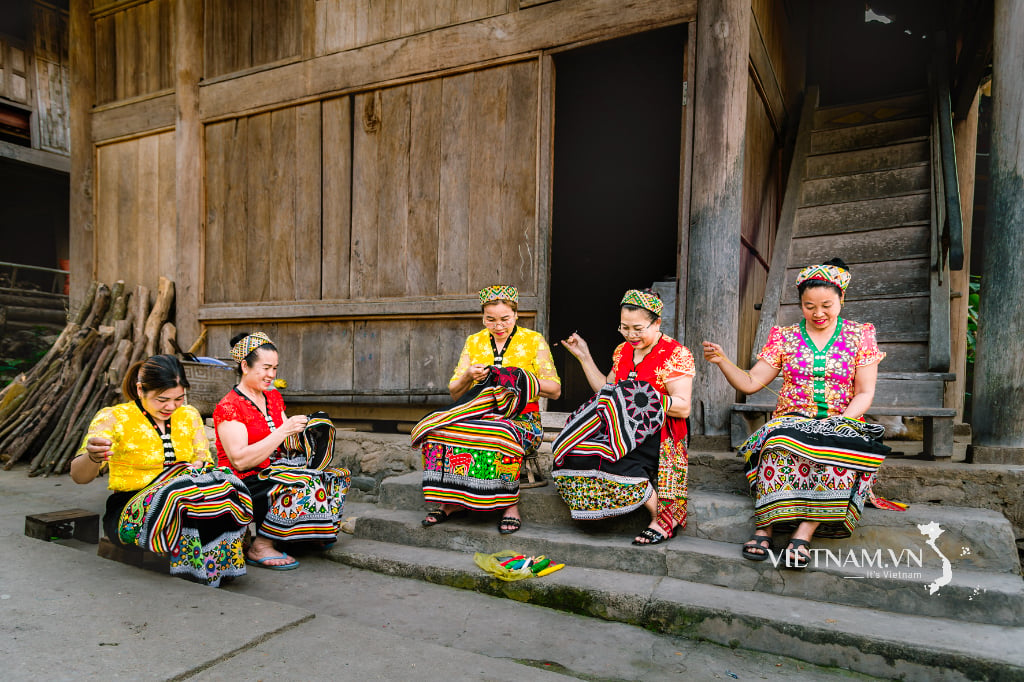
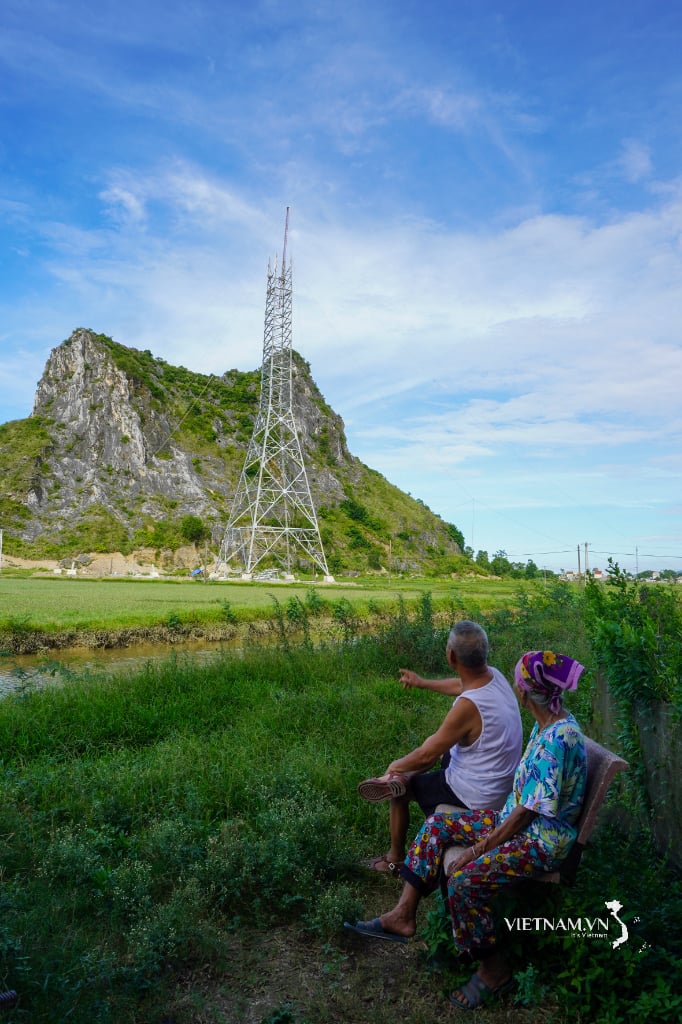

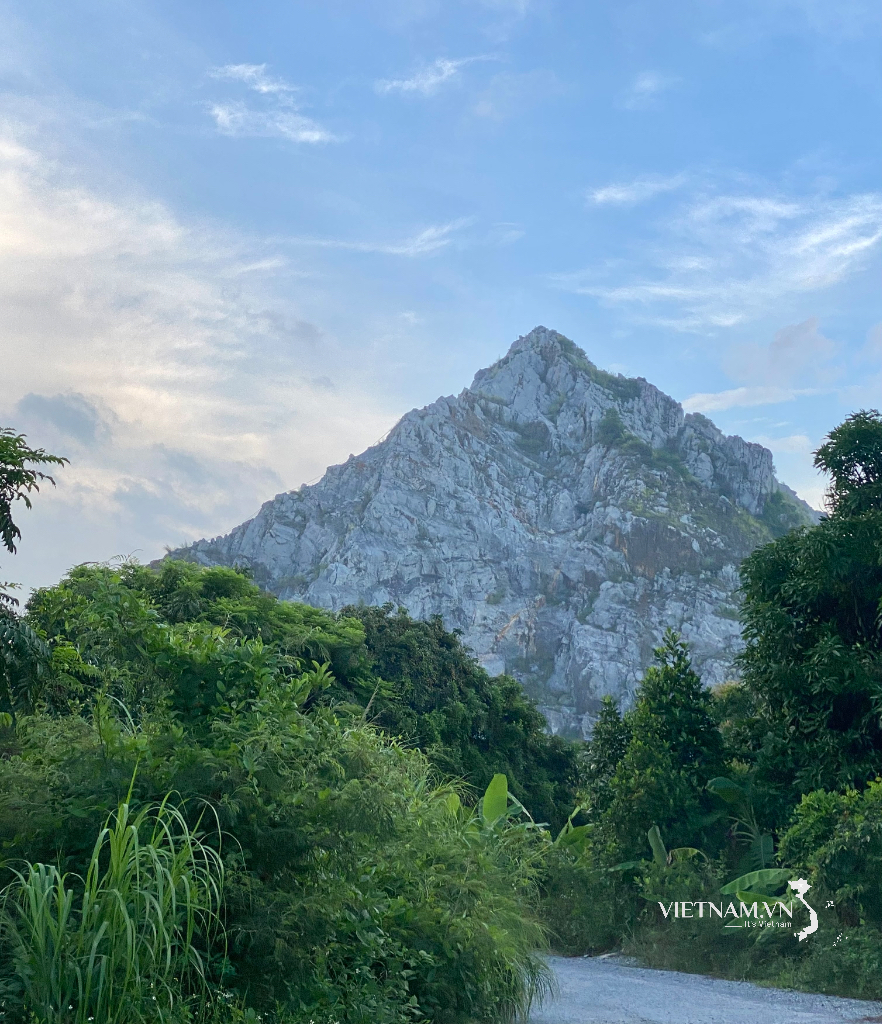
Comment (0)